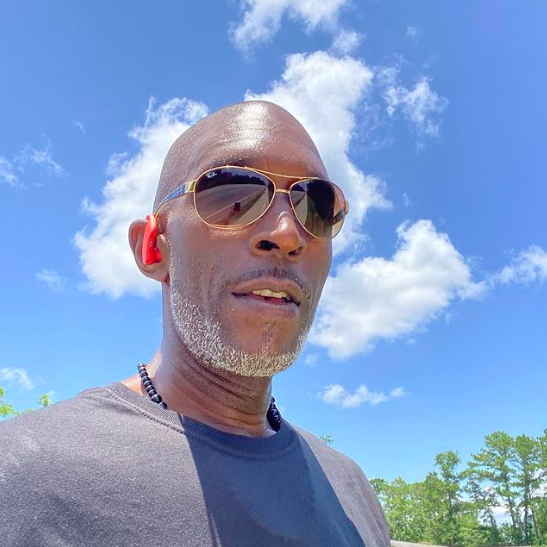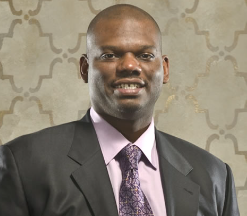Former NBA star Joe Smith recently disclosed his poor money management habits after having accumulated $61 million over nearly two decades in the league.

After a stellar collegiate career at the University of Maryland, Smith was selected as the No. 1 overall pick by the Golden State Warriors in the 1995 NBA Draft. Playing for 12 different franchises from 1995 to 2011, Smith earned a total of $61.2 million throughout his 16-year career. It was a fortune that Smith acknowledged that he squandered.
“It was a very low point,” Smith said when discussing his financial struggles. “Like, when I say I was in a deep, deep, deep depression, like mentally messed up, I’m telling you I was there,” he said in a resurfaced interview he did with VladTV. In addition, he revealed that his NBA earnings had diminished significantly to just $3,000. Despite his total earnings exceeding $61 million, he shared that he only took home approximately $18 million after accounting for taxes, agent fees and management fees.
Elaborating on the financial setbacks, Smith said, “I bought my mom’s house in Virginia, bought a house in the bay, and I bought a house in Milwaukee. Those are three houses that I bought and lost a lot of money to get them off my hands. So, that’s when the issue came on the other end too, I didn’t make anything off the houses once I had to sell them.”
Aside from real estate investments, Smith attributed a significant portion of his financial decline to a costly divorce in 2011. “That’s what really cost me,” Smith said, reflecting on the divorce. “I laugh about it now, but that’s what really cost me. The divorce left me with not much at all. That’s where a bulk of my retirement money went.”
NBA Stars and Loss of Finances
Other NBA stars also have spoken out about their frivolous spending at the height of their careers. Despite the multi-million dollar contracts and lucrative endorsement deals, some players have found themselves facing financial hardships and even bankruptcy.
Former Philadelphia 76ers star guard Allen Iverson’s extravagant lifestyle and lack of financial planning led to significant financial troubles. Iverson, known as AI, earned $200 million during his career, but encountered significant financial difficulties. Various reports suggest that lavish spending on homes, cars and jewelry, coupled with legal issues, contributed to his financial decline.
In 2012, Iverson declared bankruptcy, illustrating the harsh reality that even the most successful athletes can face when financial decisions are not carefully considered.
Similarly, Antoine Walker, a three-time NBA All-Star, faced financial woes after retirement. Walker, who earned over $108 million during his playing career, struggled with poor investments and a lavish lifestyle that included multiple homes, cars and an entourage. The 2008 financial crisis and bad real estate investments further exacerbated his financial challenges, eventually leading to bankruptcy in 2010, he said in an interview with CNBC.
These stories serve as cautionary tales, highlighting the importance of financial literacy and prudent decision-making for professional athletes, regardless of their on-court success.
Financial Help
Recognizing the importance of financial literacy and responsible money management, the National Basketball Association has implemented various financial planning tools and resources to assist its players. The Rookie Transition that the league launched in 1986 aims to facilitate the smooth integration of newly drafted players into the professional basketball environment. Over the years, the RTP has evolved and expanded to address various aspects of players’ lives, including financial education, media training and personal development.




